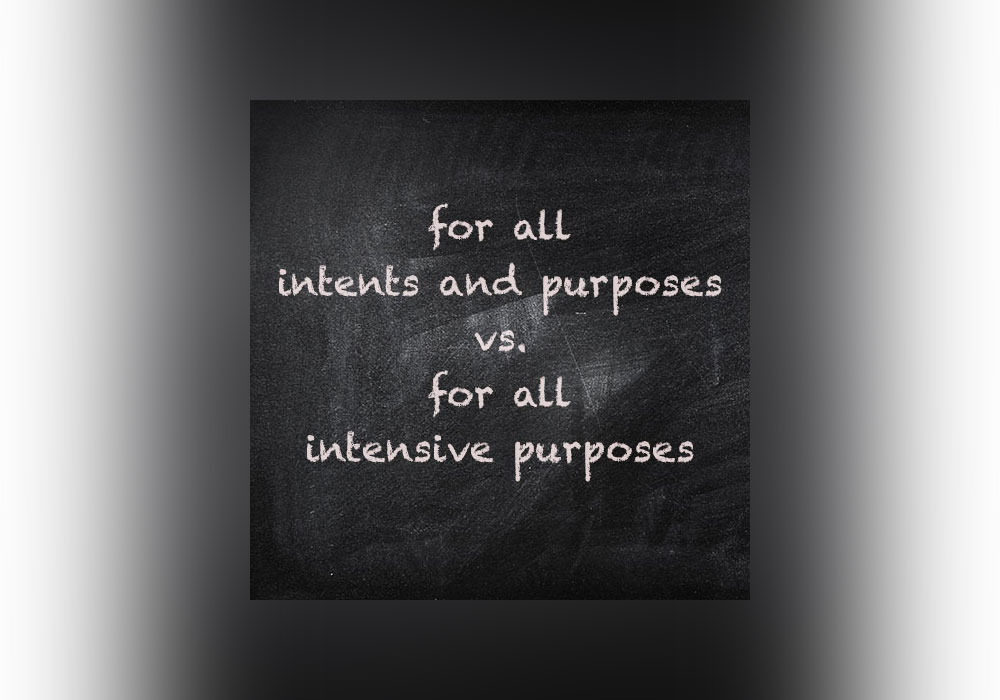Lexical Investigations: Google
A motley combination of Anglo-Saxon, Latin, and Germanic dialects, the English language (more or less as we know it) coalesced between the 9th and 13th centuries. Since then, it has continued to import and borrow words and expressions from around the world, and the meanings have mutated. (Awesome and awful once meant nearly the same thing.) Some specimens in the English vocabulary have followed unusually …


